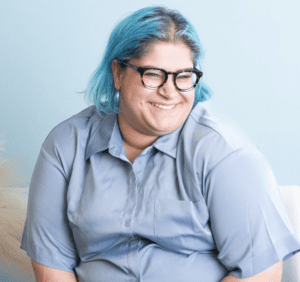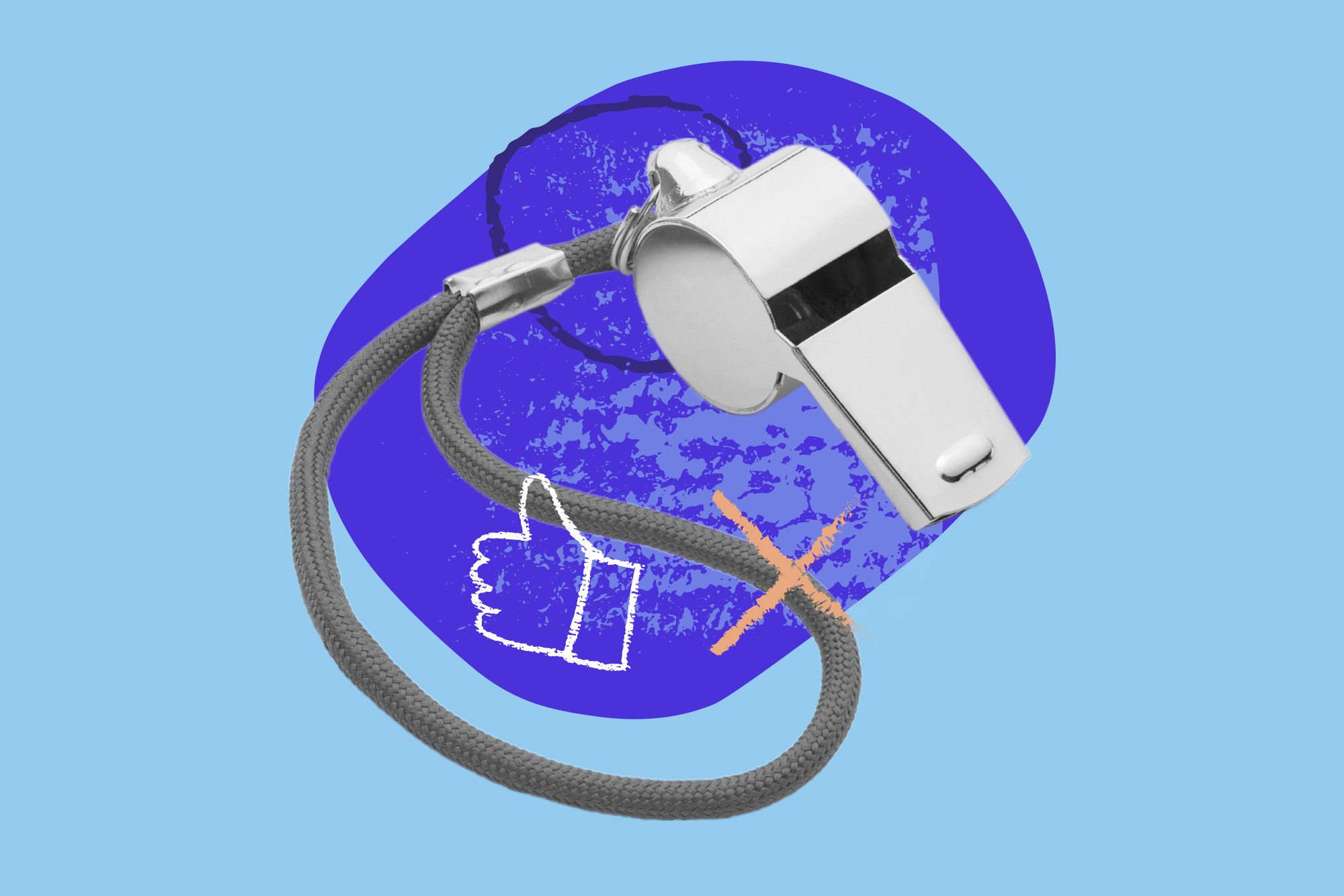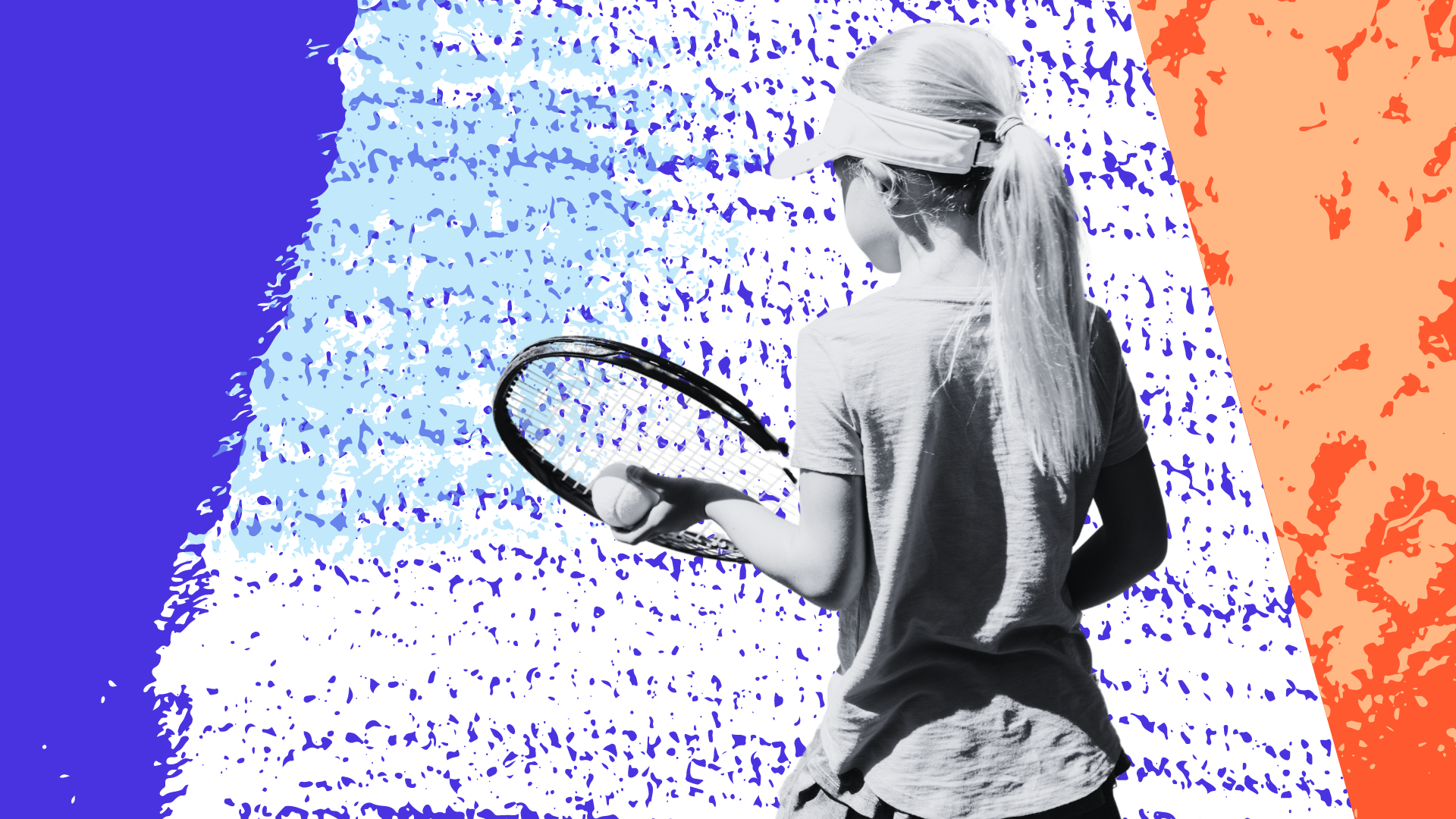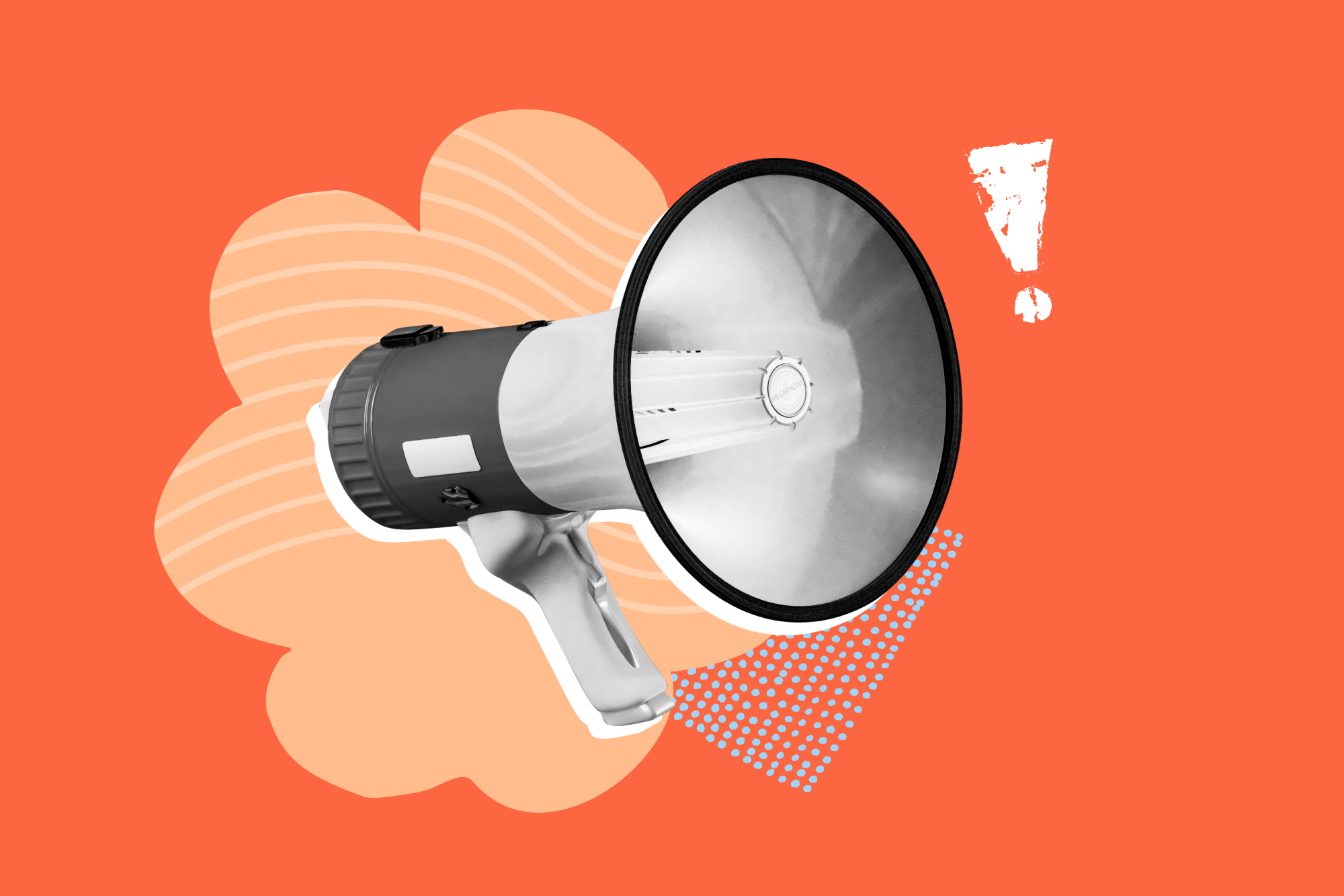Not Okay in December
Published December 22, 2023 | Last Updated May 24, 2025
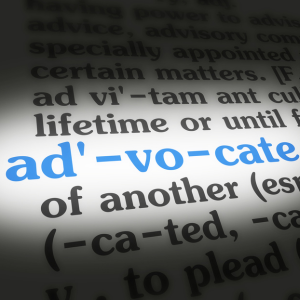
2024 marks my tenth year as an advocate for eating disorder healing, which means my work started when I was fifteen years old. I am, for all intents and purposes, a product grown of the eating disorder field, mixed with the inclusivity and intention that comes with being a mixed race, queer, Fat activist in the 2020s.
When I started my advocacy efforts in 2014 through a youth-led eating disorder organization called REbeL, I did not know that my participation would save me from developing a full-blown eating disorder (instead, leaving me with a more manageable form of disordered eating). I did not know that the afterschool program I joined would help catch my sister’s quickly developing eating disorder, or that her story and healing would prompt my own journey for self-love, food peace, and independence from trauma.

The holidays and new year bring much of that healing into perspective. Self-love is a bit harder, food peace changes day-to-day, and trauma presents itself at the worst times, especially at gatherings and in the late, snowy evenings of December. Healing in the depths of winter is harder – when life is busier and overthinking is at full speed when Seasonal Affective Disorder kicks in, and when loneliness is easier to access. Specifically, depression and the cold can make regular, balanced eating feel astronomically more difficult.
Today, I have the language to identify what I’m going through, but as a kid, I thought my depression was laziness (why can’t I just get out of bed?) and my loneliness was defective (something must be wrong with me).
I would often come home from school and stay in bed until the middle of the night, restricting my food consumption until I could go to the kitchen and eat alone – where no one would judge me. Inner me thought: at least I have peace here. My midnight meals were a way for me to disassociate, and while I was lonely, I didn’t feel that being with people helped; at the time I didn’t think anything would help. Depression is like that sometimes, but I didn’t know that back then.
These days I have coping mechanisms to better deal with the hard times in December and January. I have found ways to see bright colors in the midst of the white and gray of winter. Instead of guilting myself for resting in bed on Saturdays, or for being unable to get out of bed, I allow myself those moments. And then I make a plan to change things up the next day – to go to a friend’s house, an open mic, or spend time with my friends’ dogs (puppy love is a glimmer). When I’m lonely, I find ways to have deep conversations with the people I care about – because that’s what I actually need. When I struggle with regular eating, I call a friend and ask for help.
Winter is hard for people struggling with mental health issues, and eating disorders are no exception. I’m not sure exactly what I would have said to myself as a kid to help them understand, but one thing I know for sure is: it gets better…then it gets worse…then it’s Spring again. But, throughout it all, I know it’s going to be okay. If not now – eventually.
Learn more here about Serena’s work at Project Heal .
Learn how to stop body dissatisfaction before it starts. Grab our 3 Simple Shifts Guide to start making a difference in the way kids think about food and their bodies.
